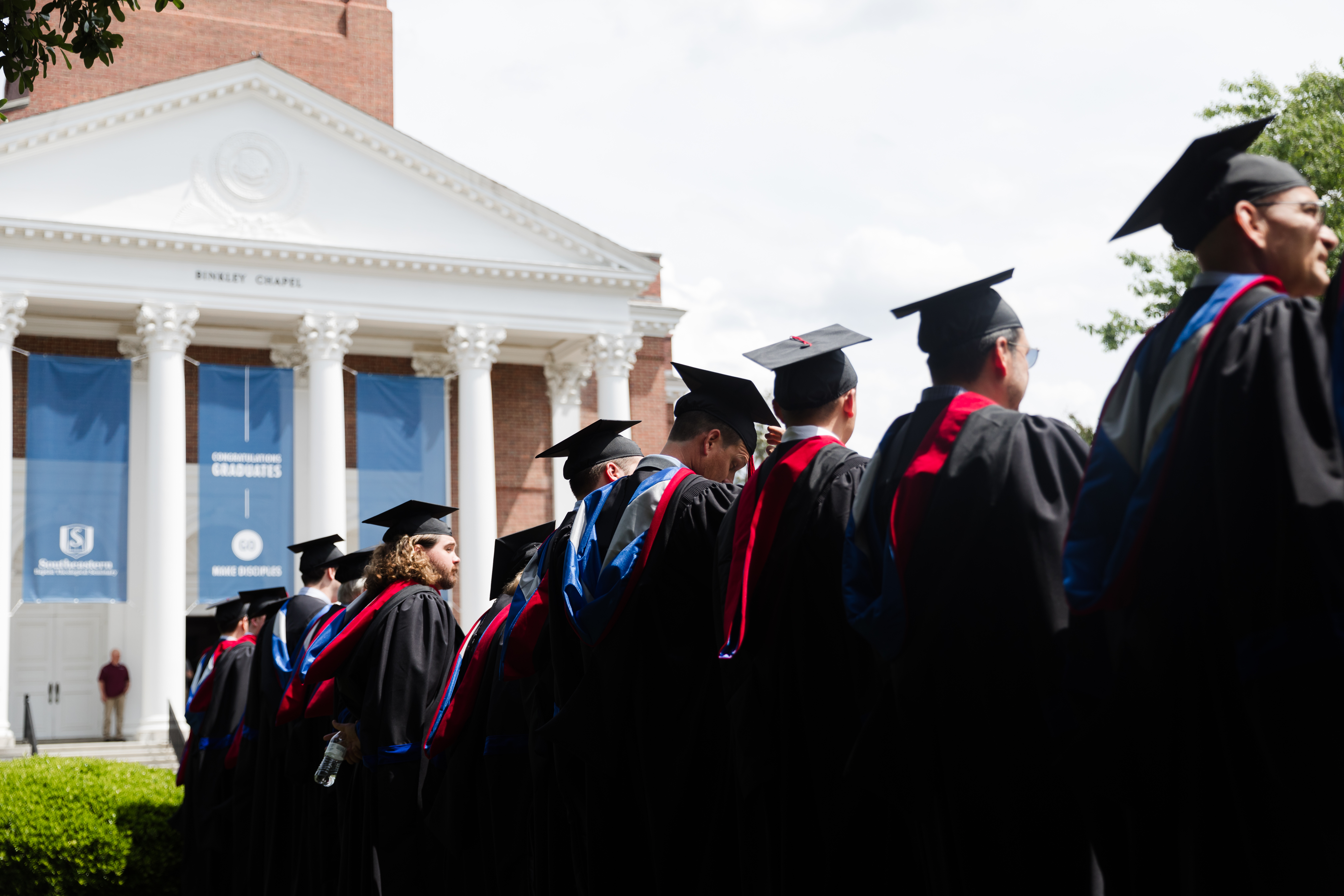1. Work is more than a job.
The first point is a change in perspective. We tend to use the term “work” to describe that for which we are paid. But intuitively we know work is more than this. Diaper changing, grass cutting, laundry, and taking out the trash have taken up a lot of my time over the past twenty years. And while I’ve never received a paycheck for any of it, we can agree that these duties were work.
Work may be defined as “what creatures do with God’s creation.” [2] Though broad, this view of work accounts for the wide array of ways in which we effect change in the world, contribute to society, participate in the exchange of goods and services, bring order from chaos, convert trash heaps into gardens. Some of these tasks relate to our jobs, and all of them are examples of what we do with creation.
2. Work is part of our God-designed purpose in the world.
Lester Dekoster argued in his excellent little book that work is the meaning of our lives. In fact, this is the very title of his book, Work: The Meaning of Your Life, wherein he urges that Christians stop viewing work as a buzz kill for the fun of life. God gave Adam and Eve the gift—yes, gift!—of work before sin entered the garden as part of their stewardship and responsibility over creation. Their meaning and purpose in life was wrapped up in their work from the beginning. Though sin’s effects make work difficult, they do not negate that part of our human purpose for existing is to work.
We know this from the witness of Scripture. But we also know this from experience. People long to contribute to something, to put their hands to the stuff of the earth and go home feeling like they accomplished something. I’ve seen multiple people, men in particular, spiral into depression after being laid off from a job. Their depression was not related to financial stress. It was more closely related to an identity crisis. Part of what it means to be human is to work, to contribute, to steward, to produce—what Gen. 2:15 calls, keeping and cultivating.
3. Work is hard, but not without hope.
While we do need a more positive perspective of work as Christians, we mustn’t be naïve to the reality of sin and its effects on our work. After all, the curse of Gen. 3 directly applies to our work, which is now met with toil and hostility in ways not intended by God. Thus we should approach our work with a tempered optimism, and we should expect struggle, disappointment, sometimes injury, and dissonance. As we are enmeshed in relationships necessary for work—including with other people, systems and societal structures, with the creation broadly, and even with ourselves—these relationships create opportunity for good and bad, joy and sorrow, progress and regress. And sin emerges amidst these relationships frustrating us with others, with ourselves, and with our work. This is precisely why Paul, for example, reminds us that a particular way of walking is necessary for life and godliness in every area of life.
Paul writes in Ephesians 4:1-2, “I therefore…urge you to walk in a manner worthy of the calling to which you have been called, with all humility and gentleness, with patience, bearing with one another in love, eager to maintain the unity of the Spirit in the bond of peace.” He goes on to apply this way of walking to church life, marriage, parenting, and our jobs. Perhaps we would do well to hear this exhortation as an urge not merely to walk in a manner worthy of our calling in Christ, but to work in a manner worthy of our calling in Christ. What a difference this would make in our work!
4. Work is joined to our vocations as ministry.
Ephesians chapters five and six illustrate well how we have multiple vocations in life wherein we are encouraged to walk in the way of Christ, including church, family, and work. (I would also add our communities, neighborhood, and virtual spaces.) If work is what we do with God’s world, these various vocations in our lives represent the ways in which we serve others living out the Great Command to love God and others. In this way, our work is joined to our vocations like a hand animating the fingers in a glove to serve God and the world in ways that advance the way of Christ. [3] It is through these vocations, these areas of service, where “on earth as it is in heaven” becomes a reality.
5. Work is always part-time—rest is required for all.
Finally, we must not leave a discussion of work without remembering the call to rest. Despite our common quips about “working all the time” or “working our fingers to the bone,” this is neither true nor good. First, God has designed our bodies such that we cannot work all the time. Our bodies require daily rest, even if we fight it. Second, God calls us to rest. In a physical sense, this call to rest looks like Sabbath, a regular day or time of the week protected against the production and task-oriented posture of work and for the leisurely enjoyment of God and His world. For some, in addition to the corporate worship gathering, Sabbath looks like a nap and family time, a walk outside, reading, or play of some sort. These pauses represents the rhythm that God built into creation from the beginning with six days of work followed by a day of rest.
From an eternal and cosmic perspective, this weekly rest provokes our hope set on the return of Christ when all is made new, sin is dead, and we enjoy the rest of God forever. Rest in the here and now reminds us and prepares our hearts for the rest of the future—the place where our hearts truly and forever “find their rest in Thee.” [4]






No comments have been added.